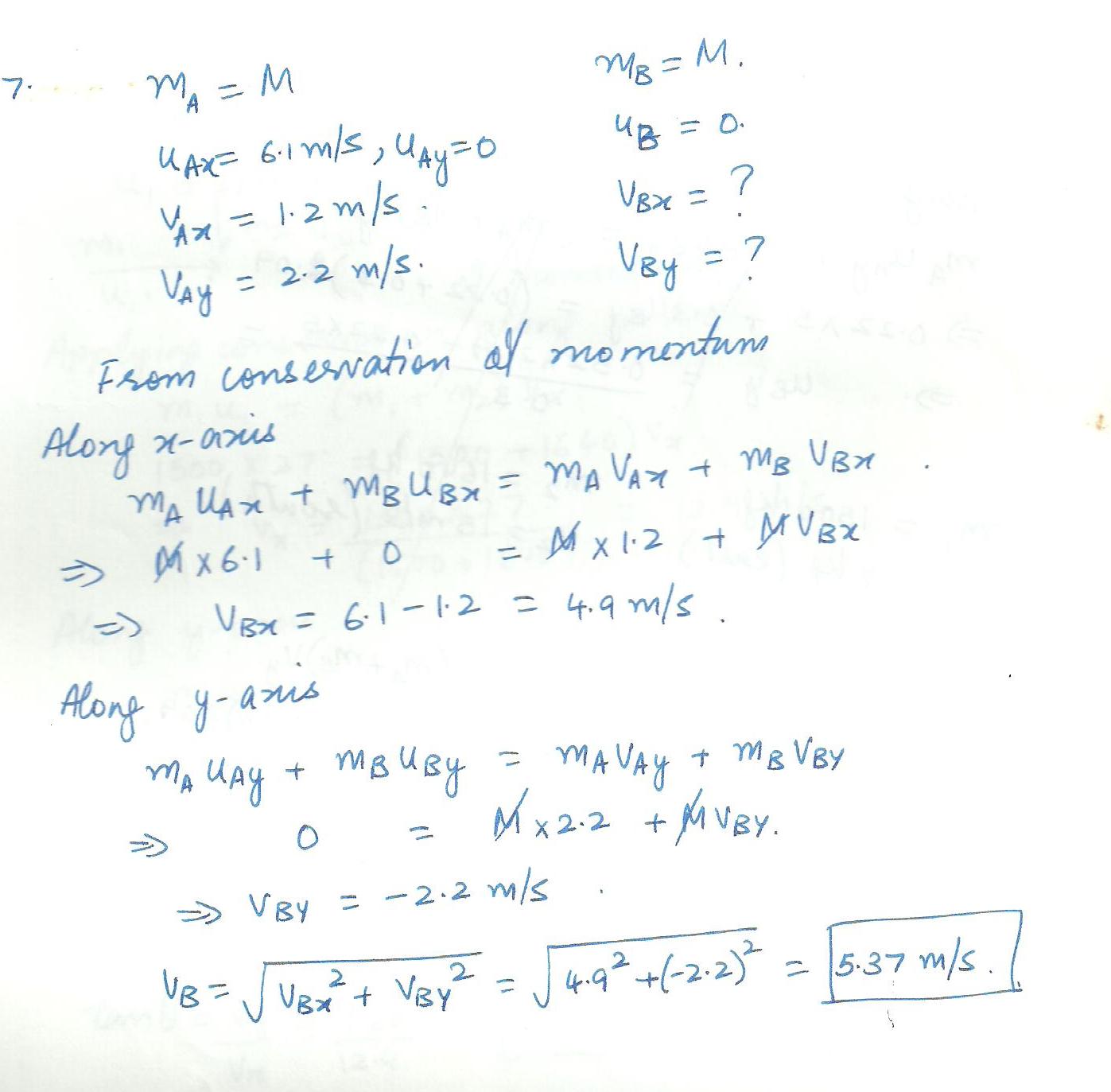Mathematics Integration Level: Misc Level
Integrate using standard formula
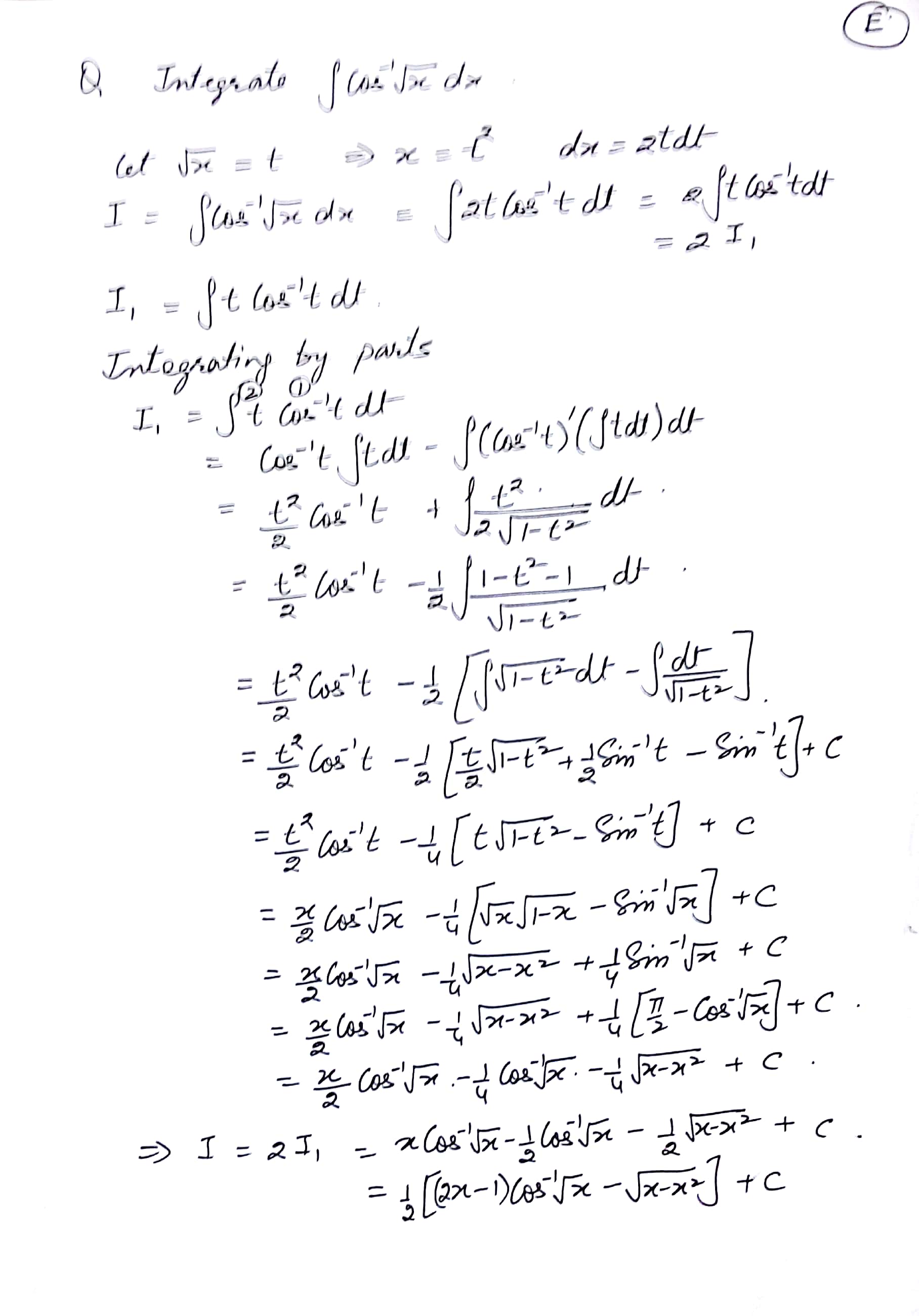
Mathematics Integration Level: Misc Level
Integrate using standard formula
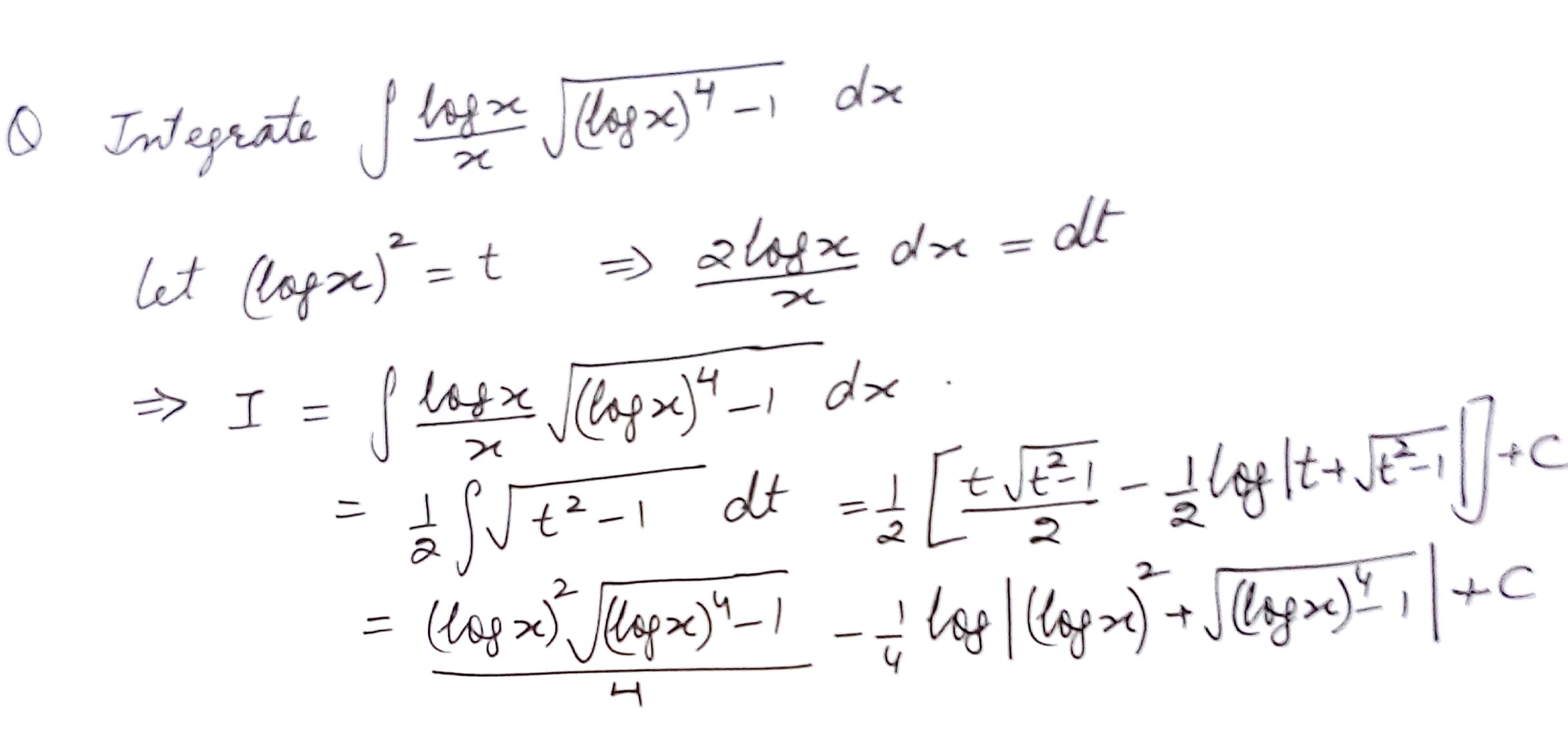
Mathematics Integration Level: Misc Level
Integrate using standard formula
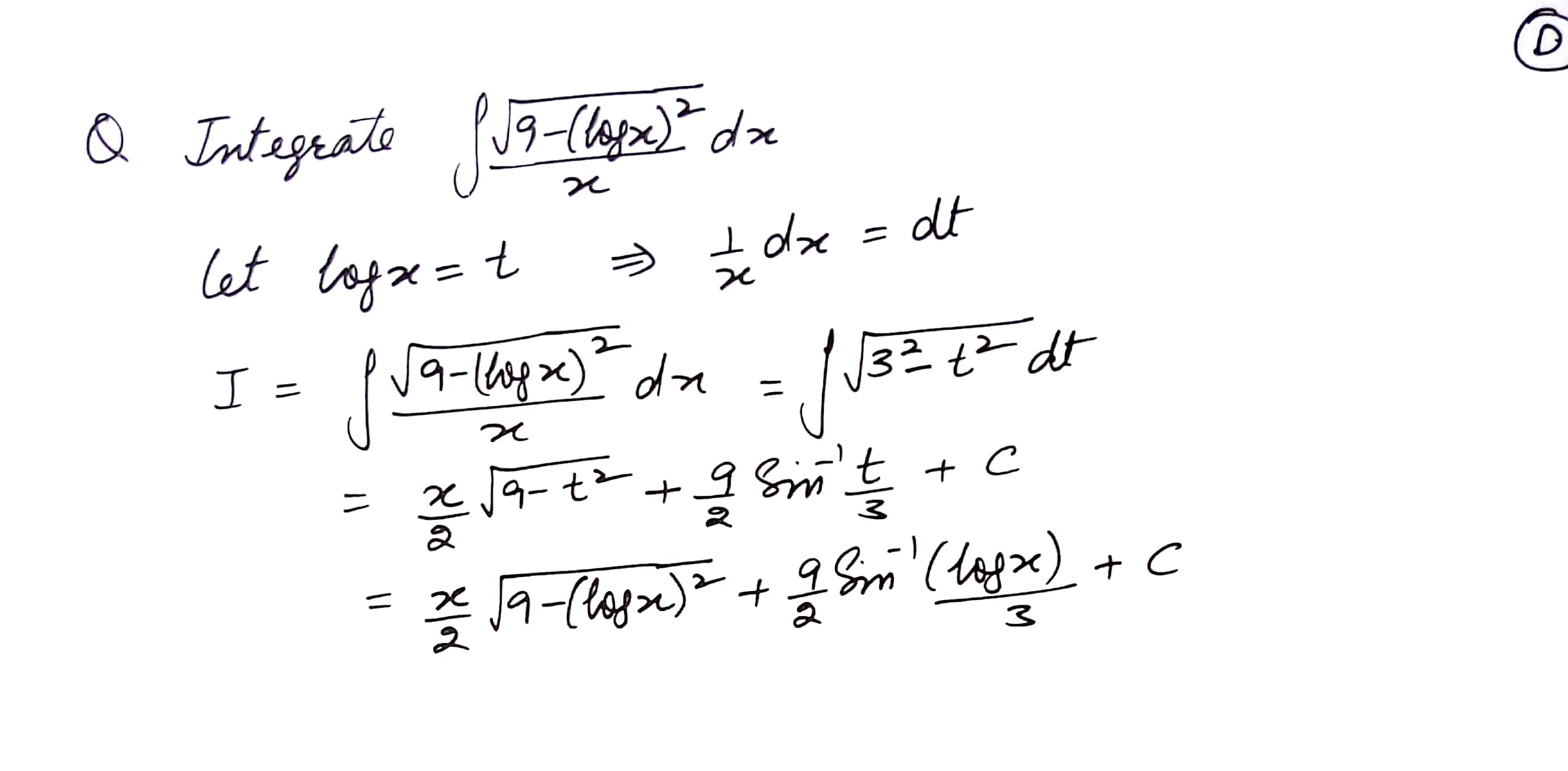
Mathematics Integration Level: Misc Level
Integrate using standard formula
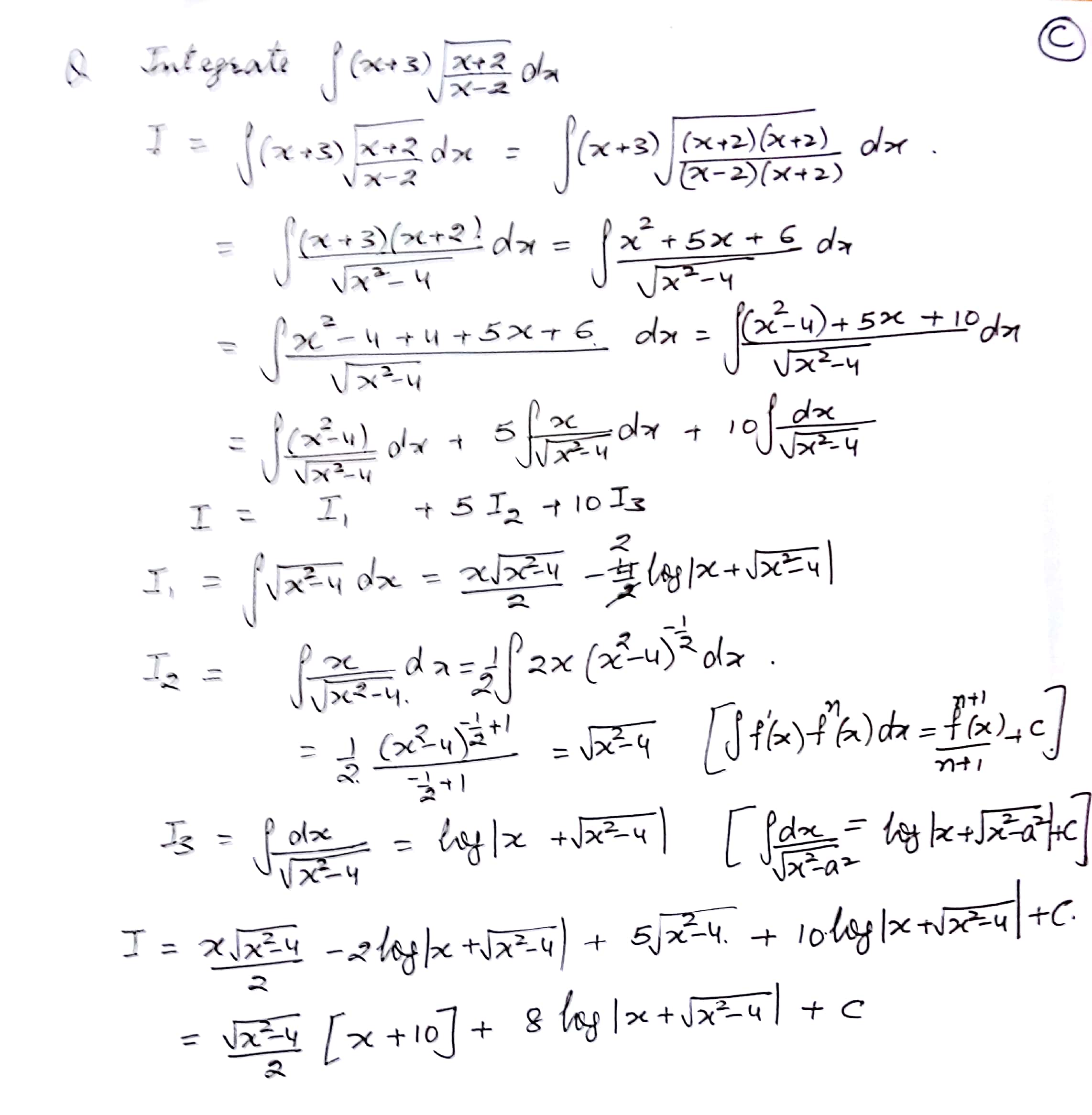
Mathematics Integration Level: Misc Level
Integrate using standard formula
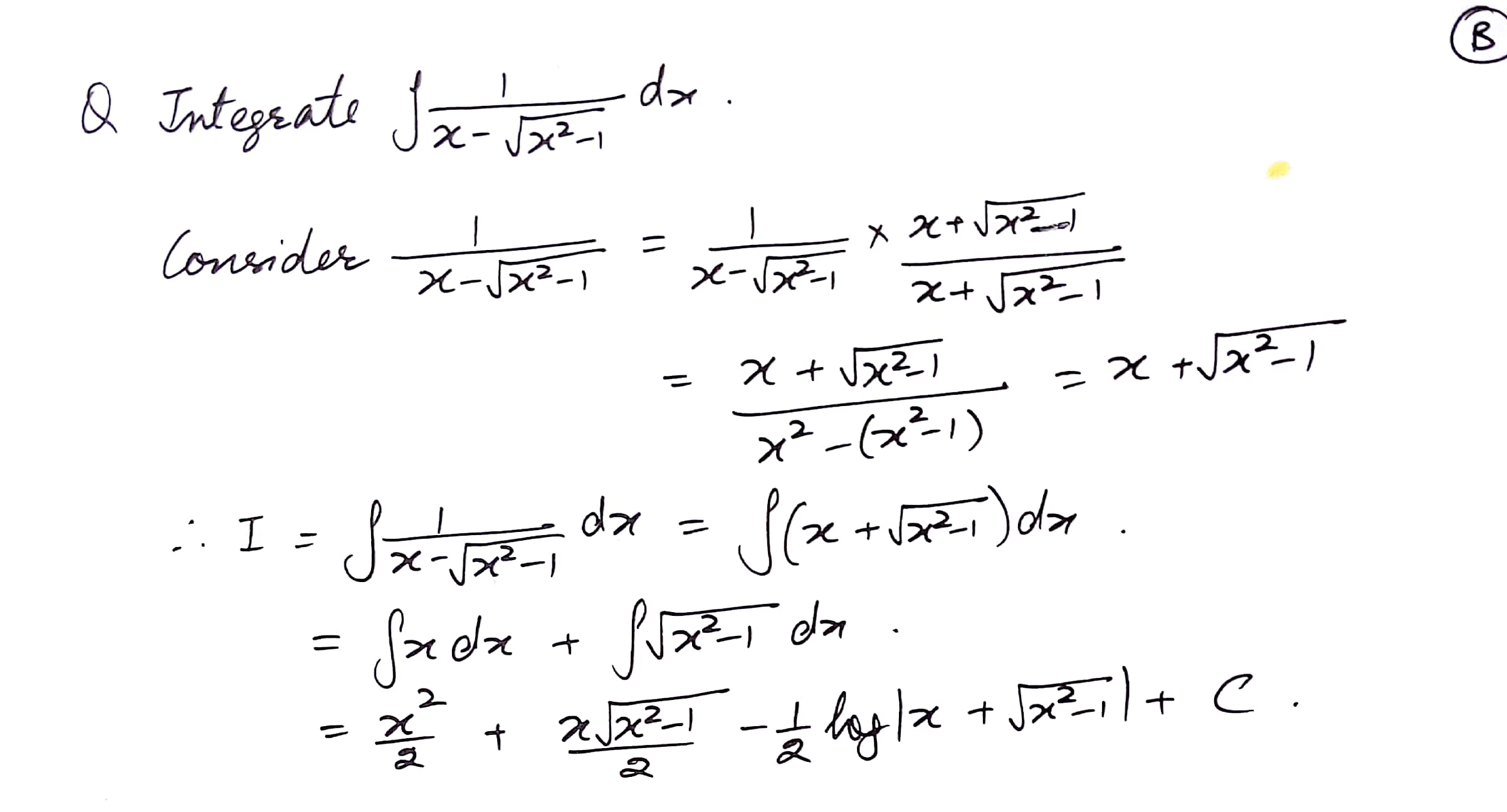
Mathematics Integration Level: Misc Level
Integrate using standard formula
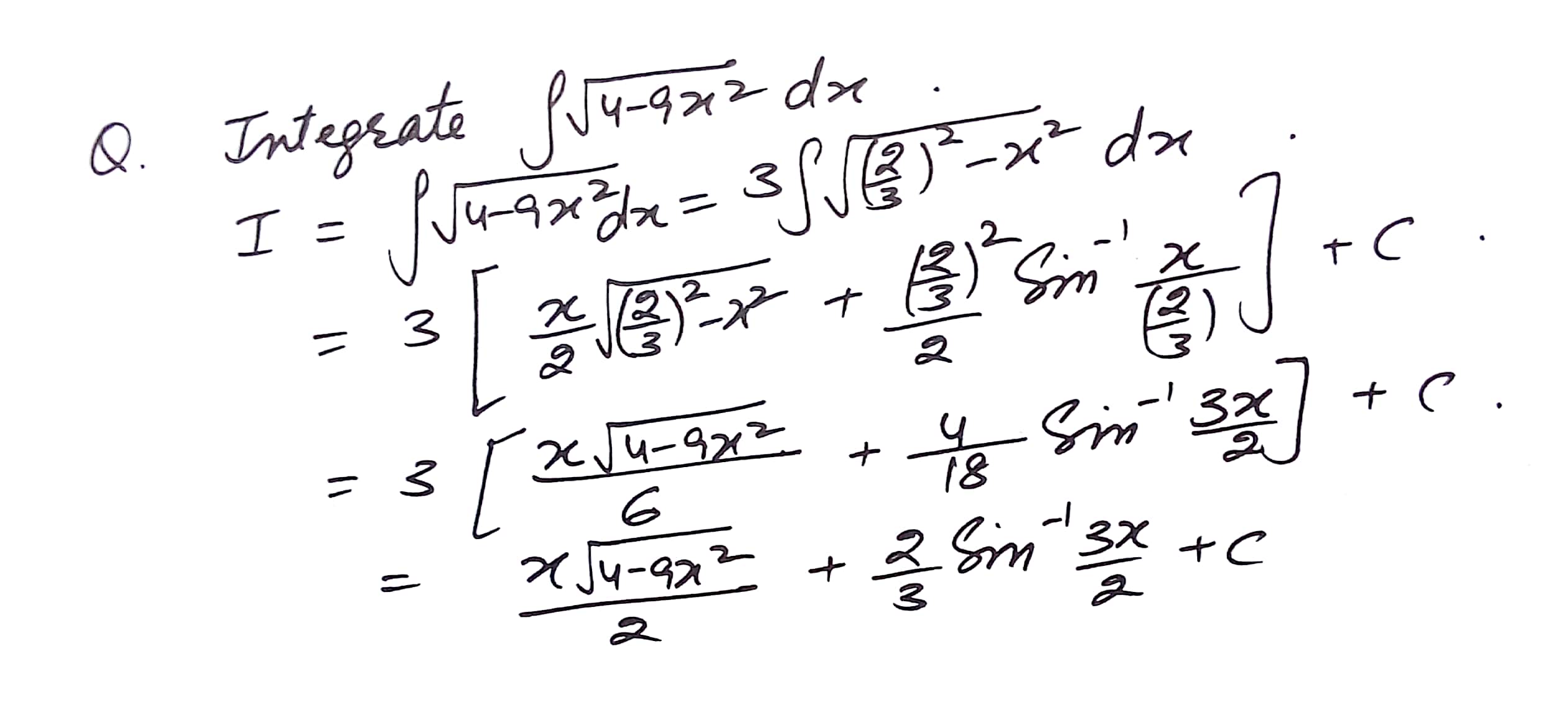
Mathematics Integration Level: Misc Level
Integrate using standard formula
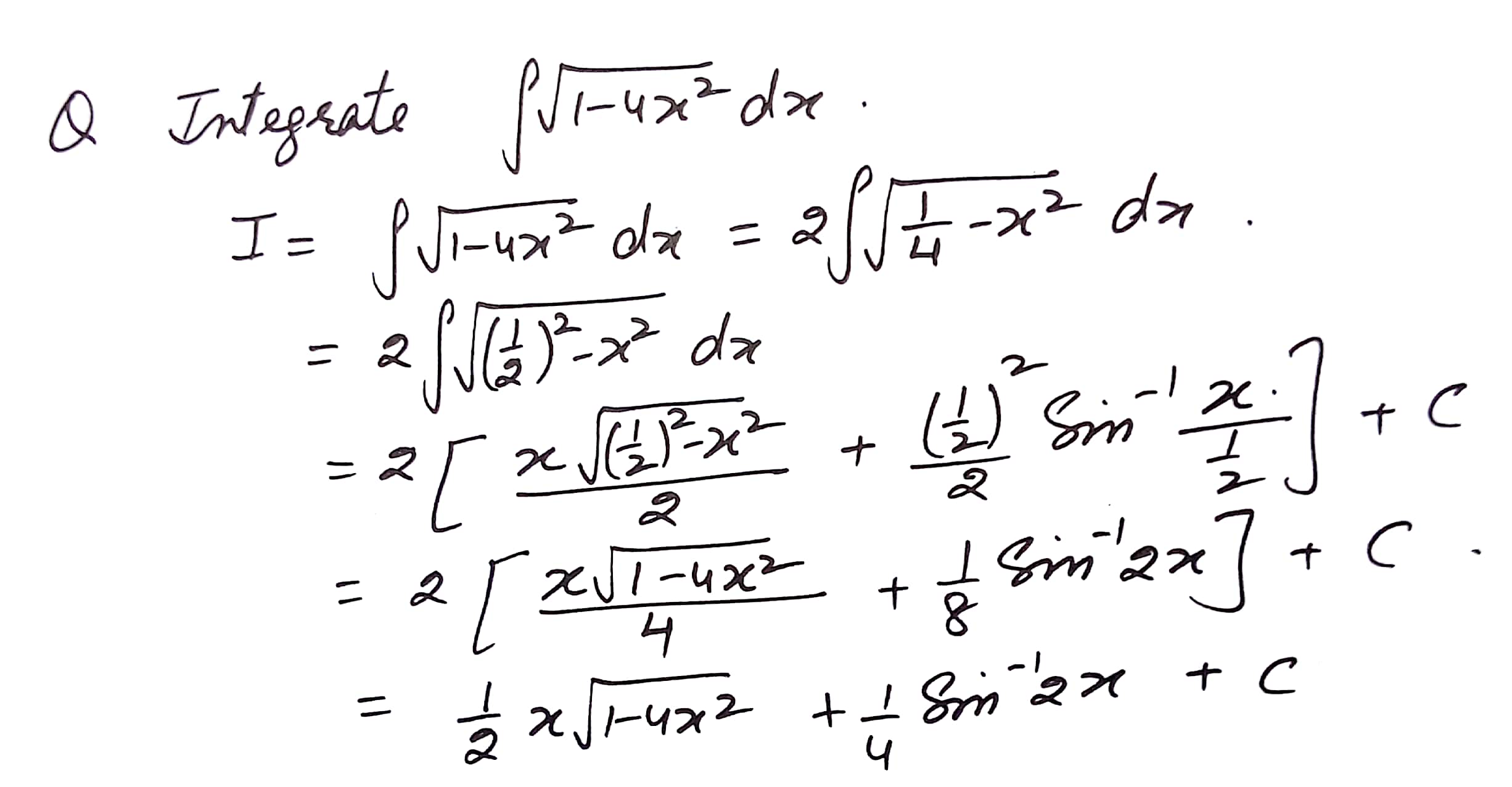
Mathematics Integration Level: Misc Level
Integrate using standard formula

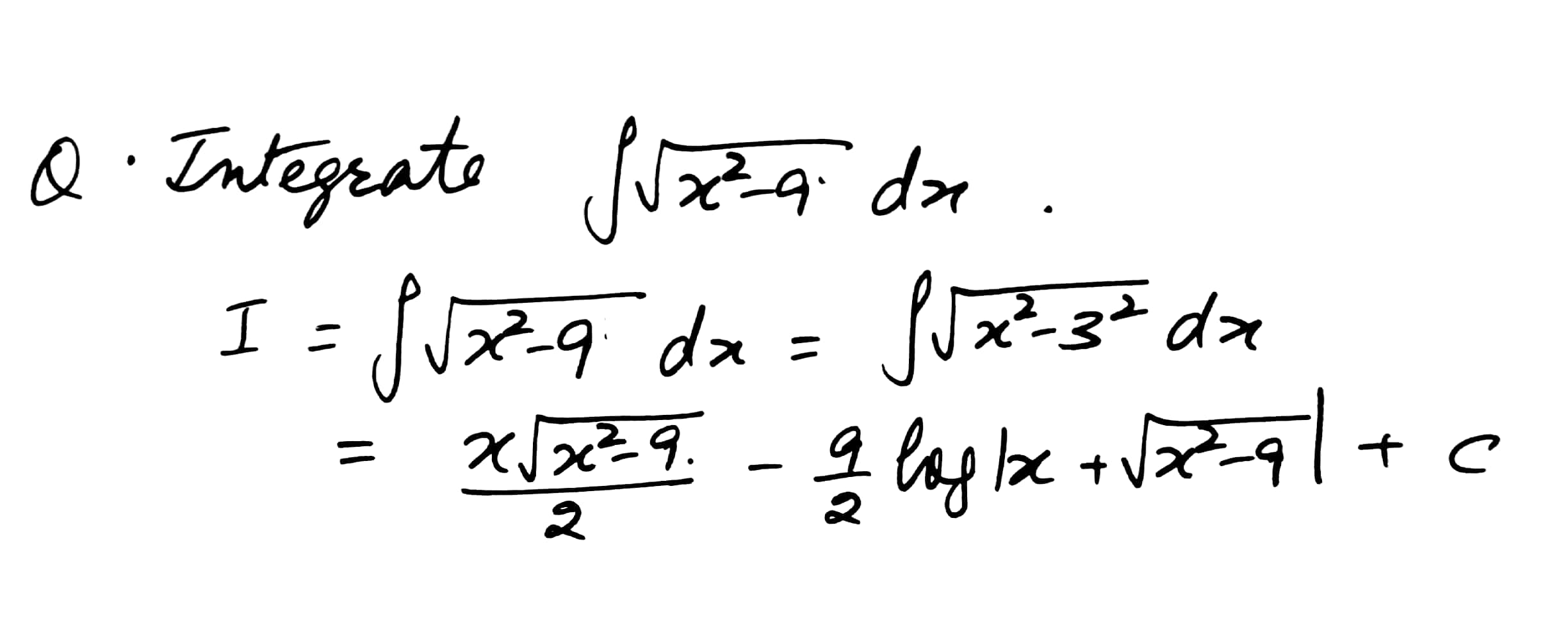
Physics Properties Of Matter Level: Misc Level
Describe the anomalous thermal expansion property of water and its significance.Temperature Near freezing, water has a negative expansion coefficent which means it expands as it cools and freezes. Since ice is less dense then the liquid water, it floats and stays on top of lakes and oceans. This has allowed aquatic life to survive UNDER the ice even during very cold times.Temperature Near freezing, water has a postive expansion coefficient which means it expands as it cools and freezes. Since ice is more dense than the liquid water, it floats and stays on top of lakes and oceans. This has allowed aquatic life to survive UNDER the ice even during very cold times.
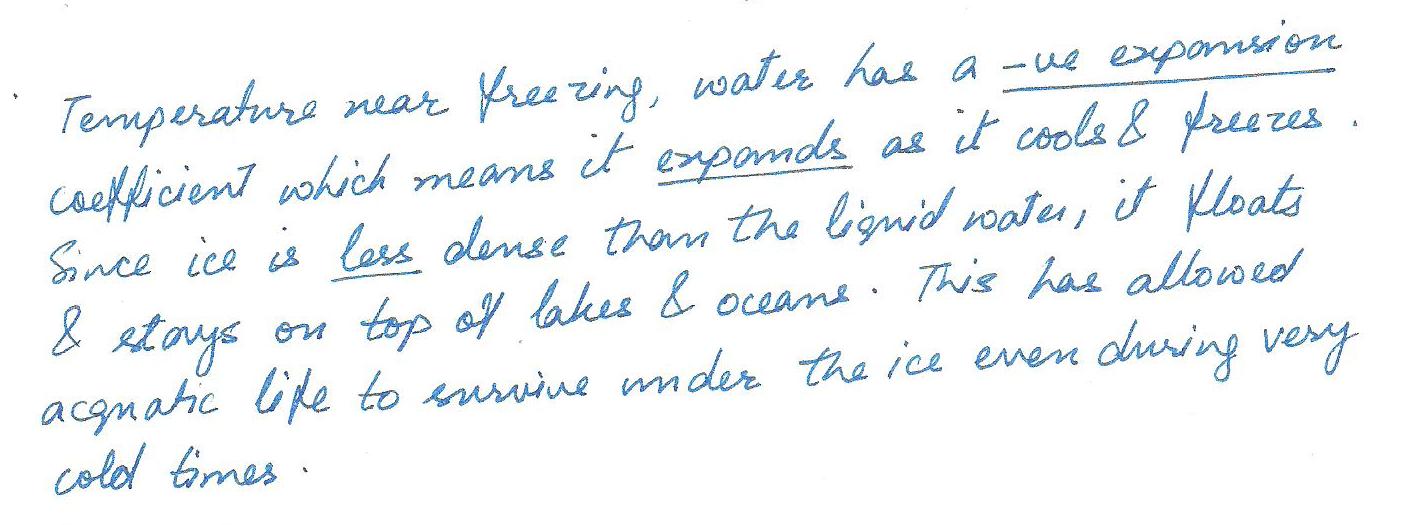
Physics Properties Of Matter Level: Misc Level
By how much will a slab of concrete 18 m long contract when the temperature drops from 24 % C to - 16 % C? ( The coefficient of linear thermal expansion for concrete is 12 x 10 -6 per degree C.)
(a) 0 .17 cm
(b) 0.52 cm
(c) 0.86 cm
(d) 8.6 cm
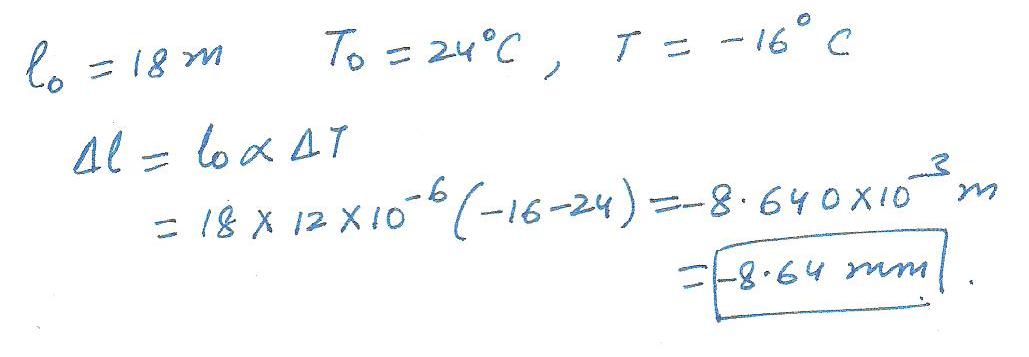
Physics Heat & Thermodynamics Level: Misc Level
Both the pressure and volume of a given sample of an ideal gas double. This means that its temperature in Kelvins must
(a) quadruple.
(b) reduce to one- fourth its original value.
(c) reduce to one -helf its original value.
(d) remain unchanged.
(e) double.
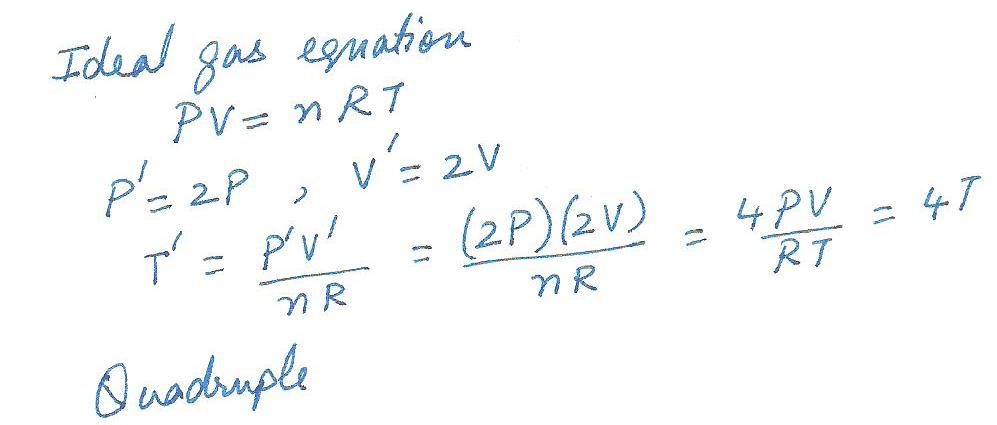
Physics Properties Of Matter Level: Misc Level
The kinetic theory of gases suggests that the average kinetic energy per molecule of an ideal ( mono -atomic) gas is.
(a) kT
(b) 3/2 kT
(c) 2 kT
(d) 1/2 kT

Physics Force & Laws Of Motion Level: Misc Level
A 1500 kg car moving east at 27 m/s collides with a 1640 kg car moving south at 15 m/s and the two cars stick together.
(a) What is ihe velocity of the cars right after the collision?
(b) How much kinetic energy was converted to another form during the collision?

Physics Force & Laws Of Motion Level: Misc Level
Block A, with a mass of 220 g, is traveling north on a frictionless surface with a speed of 5.0 m/s.Block B, with a mass of 300 g travels west on the same surface until it collides with A, After the collision, the blocks move off together with a velocity of 3.09 m/s at an angle of 42.5% to the north of west. What was Bs speed just before the collision?
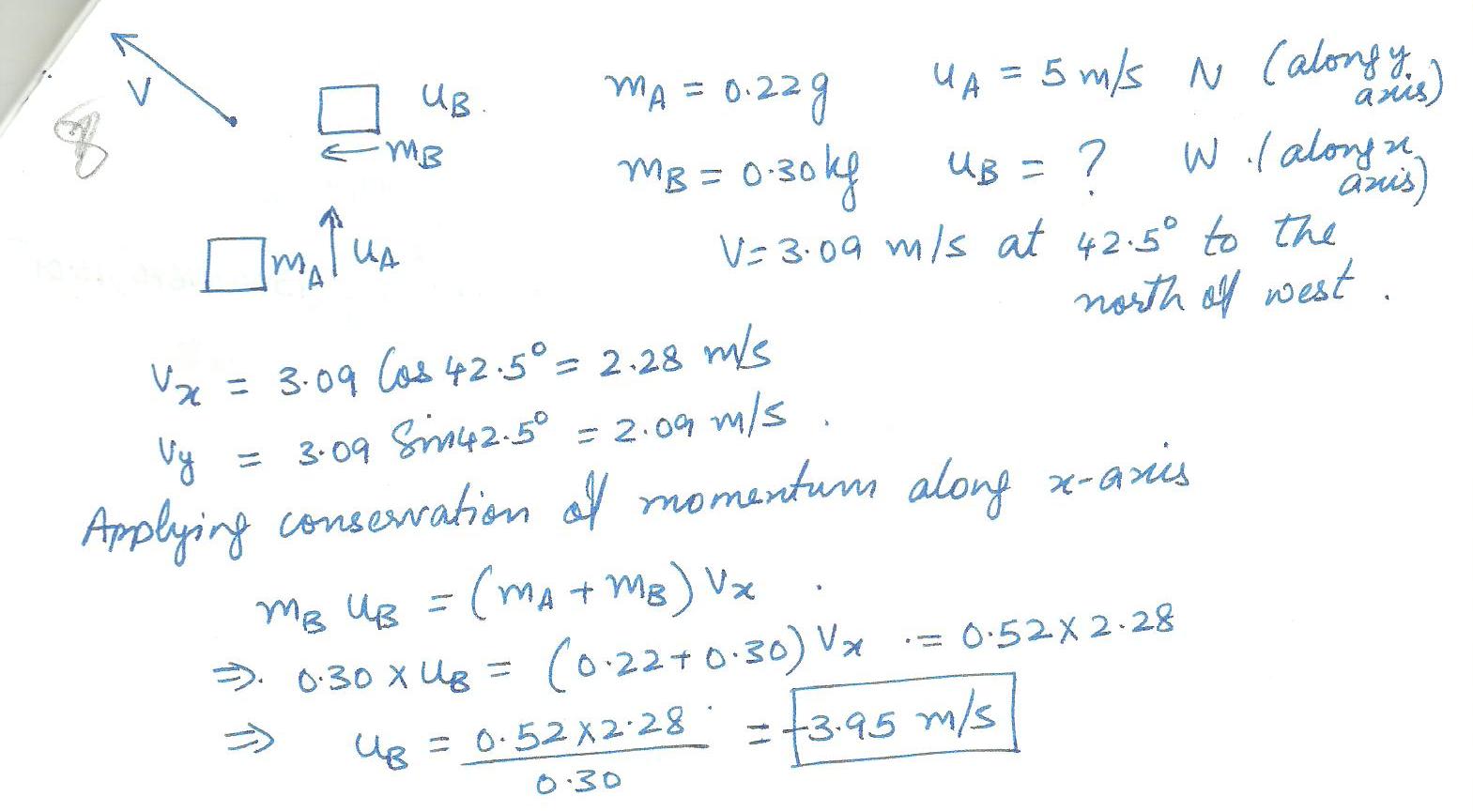
Physics Force & Laws Of Motion Level: Misc Level
Body A of mass M has an original velocity of 6.1 m/s. In the + x- direction toward a stationary body ( body B) of the same mass. After the collision, body A has velocity components of 1.2 m/s in the + x - direction and 2.2 m/s in the + y - direction. What is the magnitude of body B s velocity after the collision?
